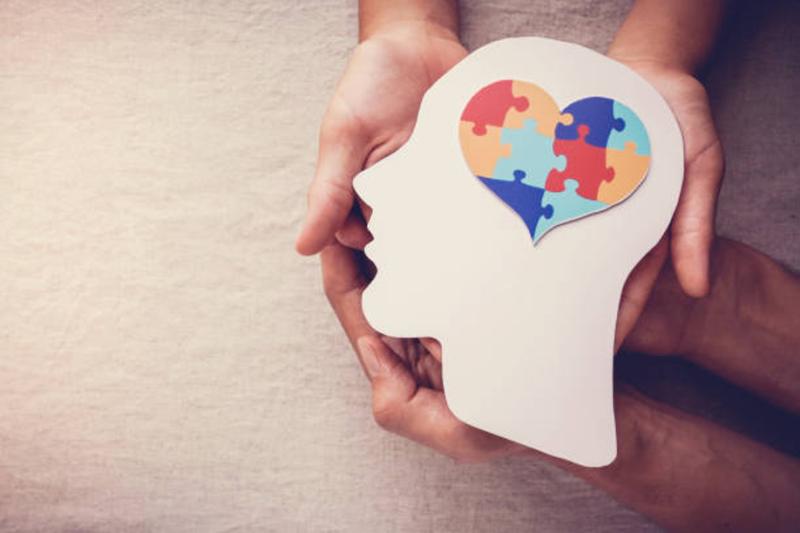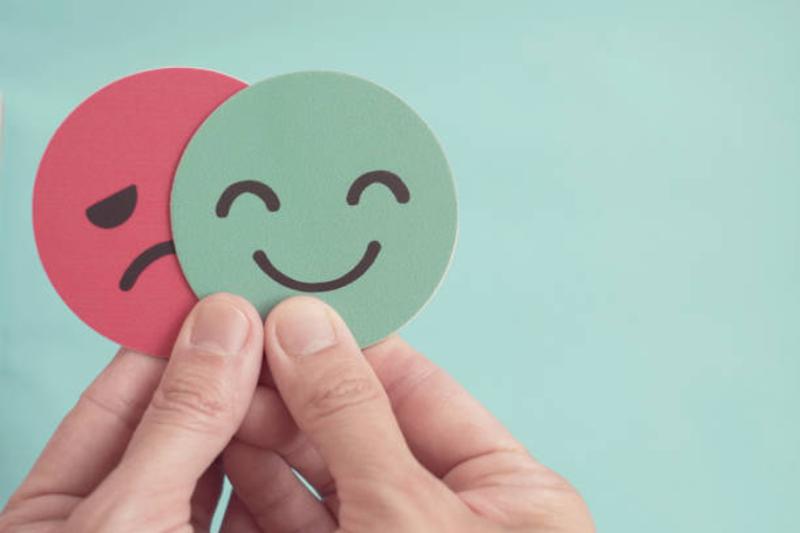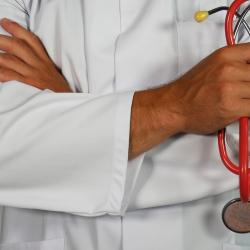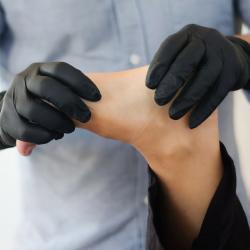COVID-19 and Medical PTSD: How the Pandemic Is Impacting Mental Health

The COVID-19 pandemic has affected people's lives in many ways. It has caused a serious health problem throughout the world as well as widespread anxiety. The epidemic has negatively impacted mental health in addition to physical health.
Many people have experienced medical PTSD as a result of traumatic hospitalizations and treatments due to the virus. This article will explore how the pandemic has led to an increase in medical PTSD cases and offer advice for managing PTSD symptoms during and after COVID-19 treatment.
COVID-19 and Medical PTSD
The COVID-19 pandemic has led to an increase in medical PTSD cases. According to a recent study, approximately one-third of COVID-19 survivors experience psychological distress such as anxiety, depression, and PTSD.
Traumatic hospitalizations and treatments due to the virus have contributed to the increase in medical PTSD cases. Individuals who have been hospitalized for COVID-19 often experience a loss of control, fear of dying, and isolation from loved ones, which can contribute to the development of PTSD

Personal stories of individuals who have experienced medical PTSD after COVID-19 treatment illustrate the impact of the pandemic on mental health. One survivor, Rachel, recounted her experience of being on a ventilator for several weeks due to COVID-19.
"I remember feeling like I was drowning," she recalled. I was having trouble breathing and believed I wouldn't make it. I continued to experience nightmares and memories related to being on the ventilator even after my physical recovery. I was given a PTSD diagnosis, and controlling my symptoms has been difficult.
Long Term Disability for PTSD
For individuals who experience long term disability due to medical PTSD, long term disability for PTSD can provide financial assistance. Individuals must generally show that they are unable to carry out the essential functions of their employment and present proof of their medical PTSD diagnosis in order to be considered for benefits. Working with a disability attorney can offer direction and help during the application process, which can be complicated.
Managing Medical PTSD Symptoms During COVID-19 Treatment
It is important to address medical PTSD symptoms during COVID-19 treatment. There are methods people may employ to control their symptoms and enhance their mental health. Deep breathing and other mindfulness techniques can help people manage their stress and anxiety. Therapy can also be beneficial for individuals who are struggling with medical PTSD.
CBT is an empirically supported strategy that can assist people in recognizing and challenging unfavorable thoughts and beliefs connected to their trauma. A medical expert may also recommend drugs to treat PTSD symptoms, such as antidepressants or anti-anxiety drugs.
Finding mental health support during the pandemic can be challenging, but it is important to prioritize mental health. Many healthcare providers offer telehealth appointments for mental health services. Online support groups and resources, such as the National Alliance on Mental Illness (NAMI) COVID-19 Resource and Information Guide, can also provide valuable support and information.
Personal stories of individuals who have used these strategies to manage their symptoms during COVID-19 treatment demonstrate the effectiveness of these approaches. One survivor, David, shared that he used meditation and CBT to manage his anxiety and flashbacks after being hospitalized for COVID-19.
"Initially, I felt like I couldn't control my thoughts and emotions," he said. But with the aid of treatment and mindfulness exercises, I discovered how to maintain my mental health and manage my symptoms.
Managing Medical PTSD Symptoms After COVID-19 Treatment
Managing medical PTSD symptoms after COVID-19 treatment can be challenging, but seeking professional help can provide support and guidance in managing PTSD symptoms and developing coping strategies.
Practicing self-care and developing a support system of family and friends are also essential aspects of managing medical PTSD symptoms. Individuals can control their symptoms and enhance their general mental health by finding appropriate outlets for stress and anxiety, such as exercising or indulging in hobbies.
Recovery is a process, and individuals must be patient with themselves and remember that setbacks and challenges are normal.
Conclusion
Managing medical PTSD symptoms after COVID-19 treatment can be challenging, but it is possible with the right support and treatment. Seeking professional help, practicing self-care, and developing a support system are all important strategies.
Knowing about disability assistance choices is essential because medical PTSD can cause long-term handicaps for certain people. Prioritizing mental health during these difficult times is important, and seeking assistance when necessary is essential for overall well-being.
With proper support and treatment, it is possible to manage symptoms and enhance mental health. It is important to remember that seeking help is a sign of strength, and taking care of mental health is crucial for overall well-being.






